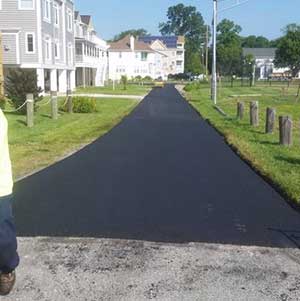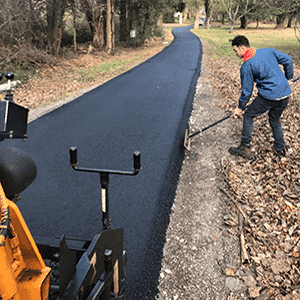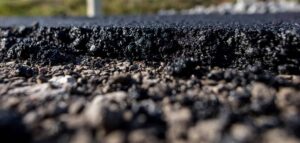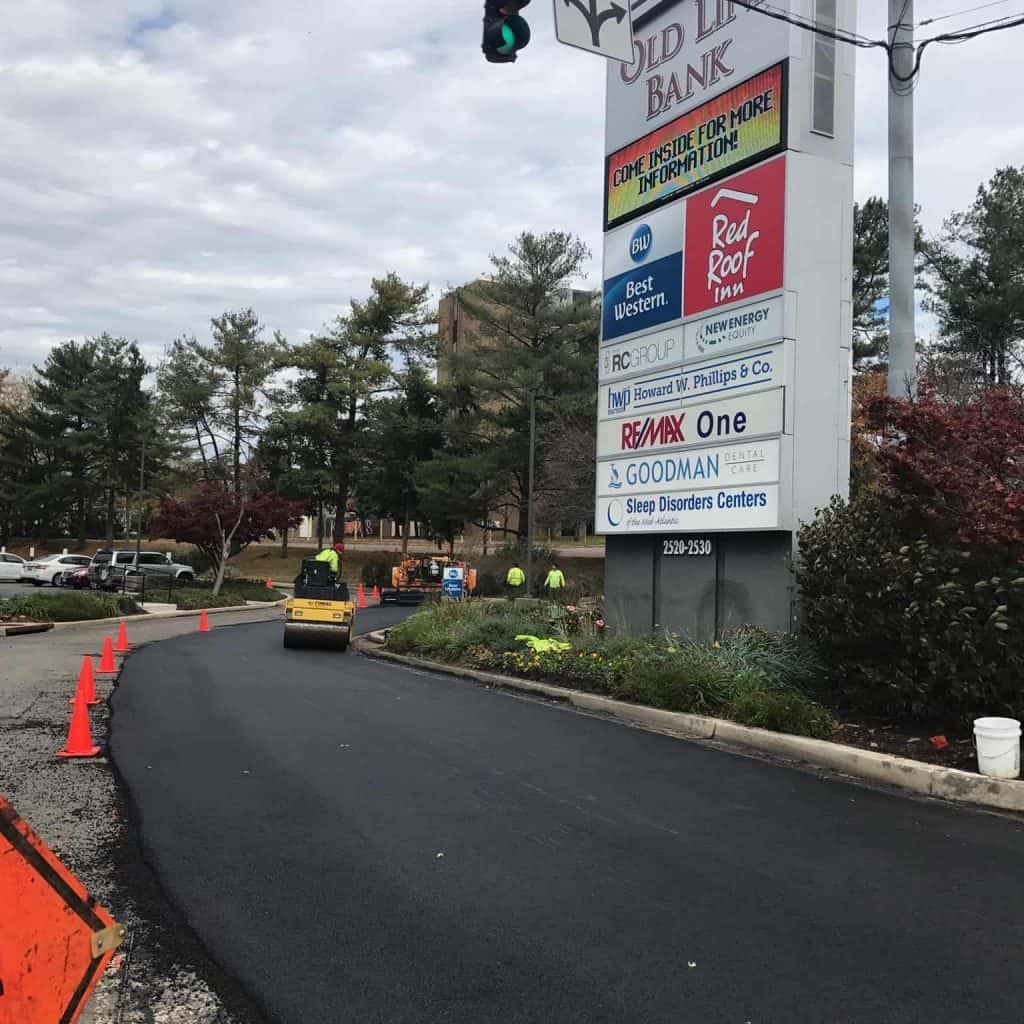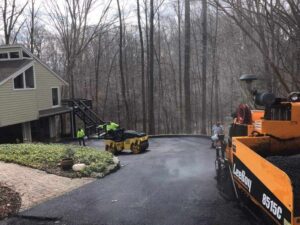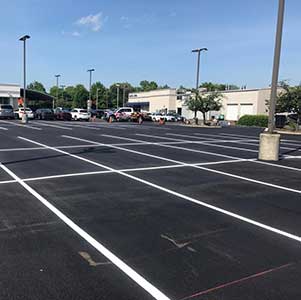In Maryland asphalt has proven to be a durable coating agent for roads and driveways. It has crude oil properties which make it water resistant in preventing damages associated with moisture on the road. It is cheap and easy to install. Maintenance is affordable and it can enhance the aesthetics of a driveway/road with its sharp and crisp appearance.
In Maryland, a long lasting asphalt is worthy of gracing your road. Asphalt has an appropriate period it is most suitable and efficient for constructors to install it in your driveway.
Winter days
In Maryland, installation of asphalt should be done during the there are factors that will determine the time to install asphalt in your driveway. Asphalt is weather-resistant, especially in colder regions. During winter, the snow can freeze the driveway and cause cracks. This eventually leads to deterioration of the driveway and may cost you fortunes to repair. Asphalt has anti-freezing properties which shield the driveway from freezing and cracking.
If the temperature is below freezing, but the soil has not yet been frozen, it is acceptable that the asphalt subcontractor installs an asphalt approach. Unlike frozen ground below the freezing temperature will not dramatically affect the speed of hardening of asphalt material. Therefore, the asphalt work contractor will be able to overlap the asphalt to the level and achieve the appropriate compression level.
Another effect of the cold weather is that it won’t give your driveway pavement contractors enough time to get the job done. The less time they have the less quality of work they will be able to put out. They need enough time to smoothen the asphalts to avoid bumps in order to make enough fortification of your asphalt pavement. The winter period is never a suitable time allowing installment of asphalt on your driveway.
Raining Considerations
In as much as water can assist in the installation of asphalt, it can also cause damage to it. Asphalt paving is a hot liquid and needs cooling to solidify. A slight drizzle can have an impact on the installation of asphalt on a driveway. Precipitation can help to cool asphalt faster. This will cause the cooled asphalt to have jutted clumps and bumps which can only be fixed by tearing up the asphalt and resurfacing. Waterlogged in the basement of the ground can induce deterioration to the underlying layers of the ground. Due to this, it is best to install asphalts at your driveway during summers, late fall or early springs.
Winter Emergency Repairs
Your driveway could face serious threats during winter periods such as potholes, cracks or any sign of danger to the structure. Cold-mix can be used during this period to fix this anomaly as the cold-mix does not need to be kept hot. It is a temporal solution but it should long-lasting enough all through the winter.
Consider Temperature
You should understand that temperature plays a part in the coating of your driveway using asphalt. You should ensure that the temperature of the climate of the driveway is above 50 degrees Fahrenheit and below about 75 to 80 degrees. This temperature should be stable for as long as 48 to 72 hours to allow enough time for the setting up of the asphalt. Hot-mix asphalt works best during this time frame.
Make asphalt installation before the cold and the raining period starts creeping in. the summer and spring are the best time of the year to get this done. This guideline should be suitable enough to help you choose the appropriate time of the year to coat your driveway using asphalt.

